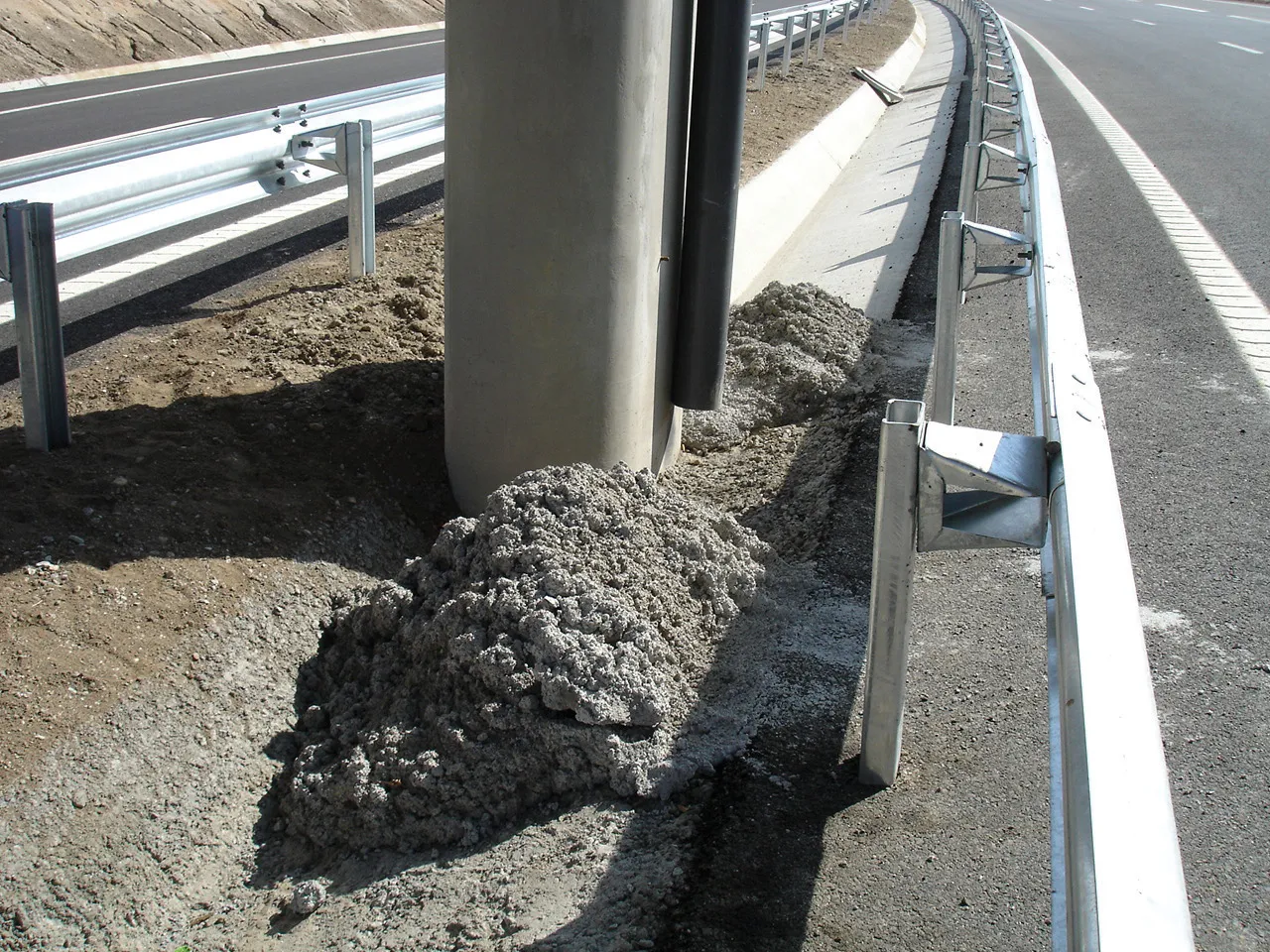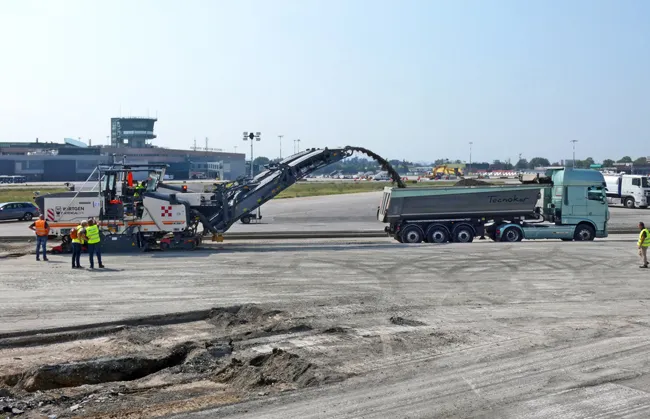The UK's Royal Society for the Prevention of Accidents (RoSPA) is now offering an updated version of its Driver Profiler package. Called Driver Profiler 20:20, this package is designed to assess whether a driver is a low, medium or high-risk by measuring psychometric, demographic and behavioural factors that influence safety. Using the package allows firms to identify drivers in need of further training and make informed decisions as to what is required. The system makes it possible to target specific train
February 9, 2012
Read time: 2 mins

The UK's
Questions, combining known risk factors with driver attitude factors, are now more closely tailored to occupational driver risk, focusing on fatigue, driving under pressure and work distractions. The software is also said to be more user friendly with tailored feedback for every question answered as well as an overall risk rating. On completion the driver receives the report instantly, while an inbuilt consistency checker ensures that accurate reports are produced. Managers are able to access reports showing who is at risk and why, and are able to export data into a spreadsheet, tailoring the results to their specific requirements. Organisations can also opt for a fully or part-managed service from RoSPA, taking the administration out of risk assessment. This may include RoSPA sending out assessments on a company's behalf, or the collection of additional information.







